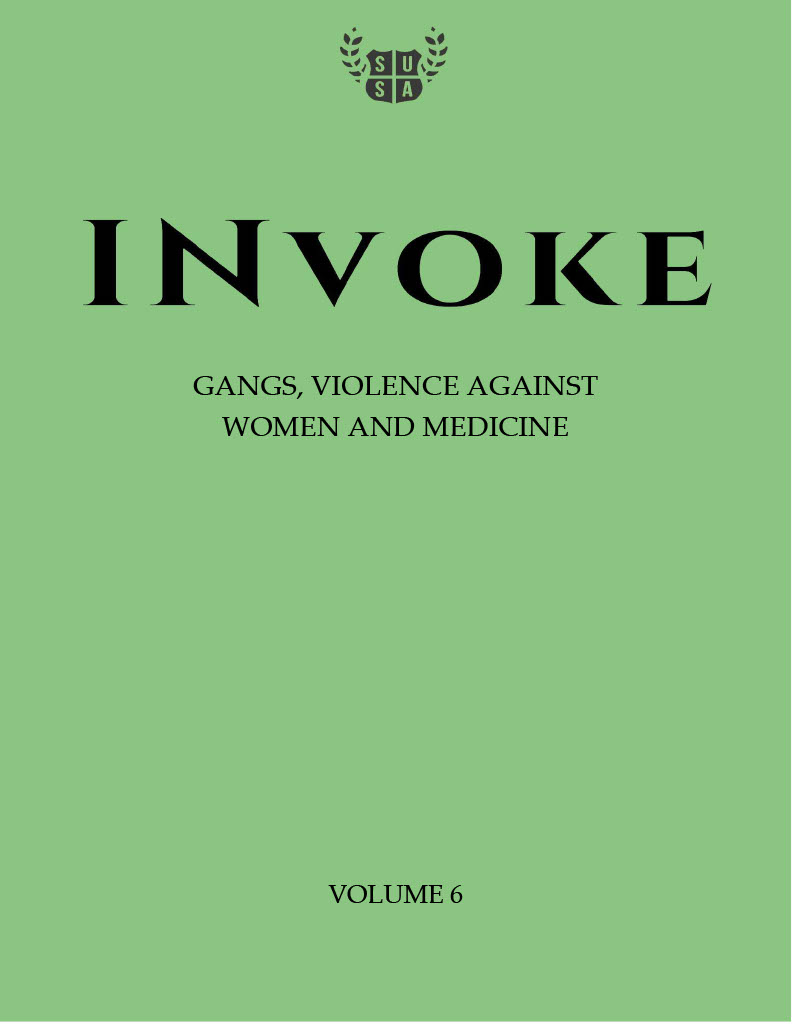Discourses of Blame: An Analysis of Media Coverage in the Robert Pickton Case
DOI:
https://doi.org/10.29173/invoke48993Abstract
When most Canadians consume their news media, they don't often consider the underlying narratives of colonialism, racism, and classism that can be spread through media representations of marginalized peoples. Such is the case with Indigenous women in Canada, who die violently at five times the rate of other Canadian women, but are given three and a half times less coverage in the media than white women for similar cases. News media articles covering Indigenous women's deaths are also less in-depth and less likely to make the front page. Prior to the apprehension of Robert “Willy” Pickton in 2002, media coverage of the dozens of missing women on Vancouver's Downtown Eastside was minimal, and often portrayed the women as the harbingers of their own misfortune. The Vancouver Police Department also failed to take action, citing the women’s “transient lifestyles” as reason to believe they would return soon. However, even after widespread recognition of the issue began, media coverage continued to attribute a level of “blameworthiness” to the missing and murdered by regularly engaging with tropes and stereotypes that individualized the acts of violence against them. In this paper, I look to explore that phenomenon by asking how the women of the Downtown Eastside are named as culpable or blameworthy in the violence enacted against them, as evidenced in the media coverage of the Robert Pickton case. My analysis found that while an identifiable killer like Pickton provided the news media a temporary cause for the women’s deaths, sex-working and drug using women maintained blame in the public eye both during and long after the case, due in equal parts to their use of drugs, their status as sex workers, and their proximity to “tainted” geographical regions like the Downtown Eastside of Vancouver. As evidenced by this research, Indigenous women are continually and systemically blamed for the violence enacted against them.
Keywords: MMIWG, sex work, media bias, Downtown Eastside, gendered violence
Downloads
Published
Issue
Section
License
Copyright (c) 2020 Jori Dusome

This work is licensed under a Creative Commons Attribution 4.0 International License.
Authors who publish with this journal agree to the following terms:
- Authors retain copyright and grant the journal right of first publication with the work simultaneously licensed under a Creative Commons Attribution License that allows others to share the work with an acknowledgement of the work's authorship and initial publication in this journal.
- Authors are able to enter into separate, additional contractual arrangements for the non-exclusive distribution of the journal's published version of the work (e.g., post it to an institutional repository or publish it in a book), with an acknowledgement of its initial publication in this journal.
- Authors are permitted and encouraged to post their work online (e.g., in institutional repositories or on their website) prior to and during the submission process, as it can lead to productive exchanges, as well as earlier and greater citation of published work (See The Effect of Open Access).



